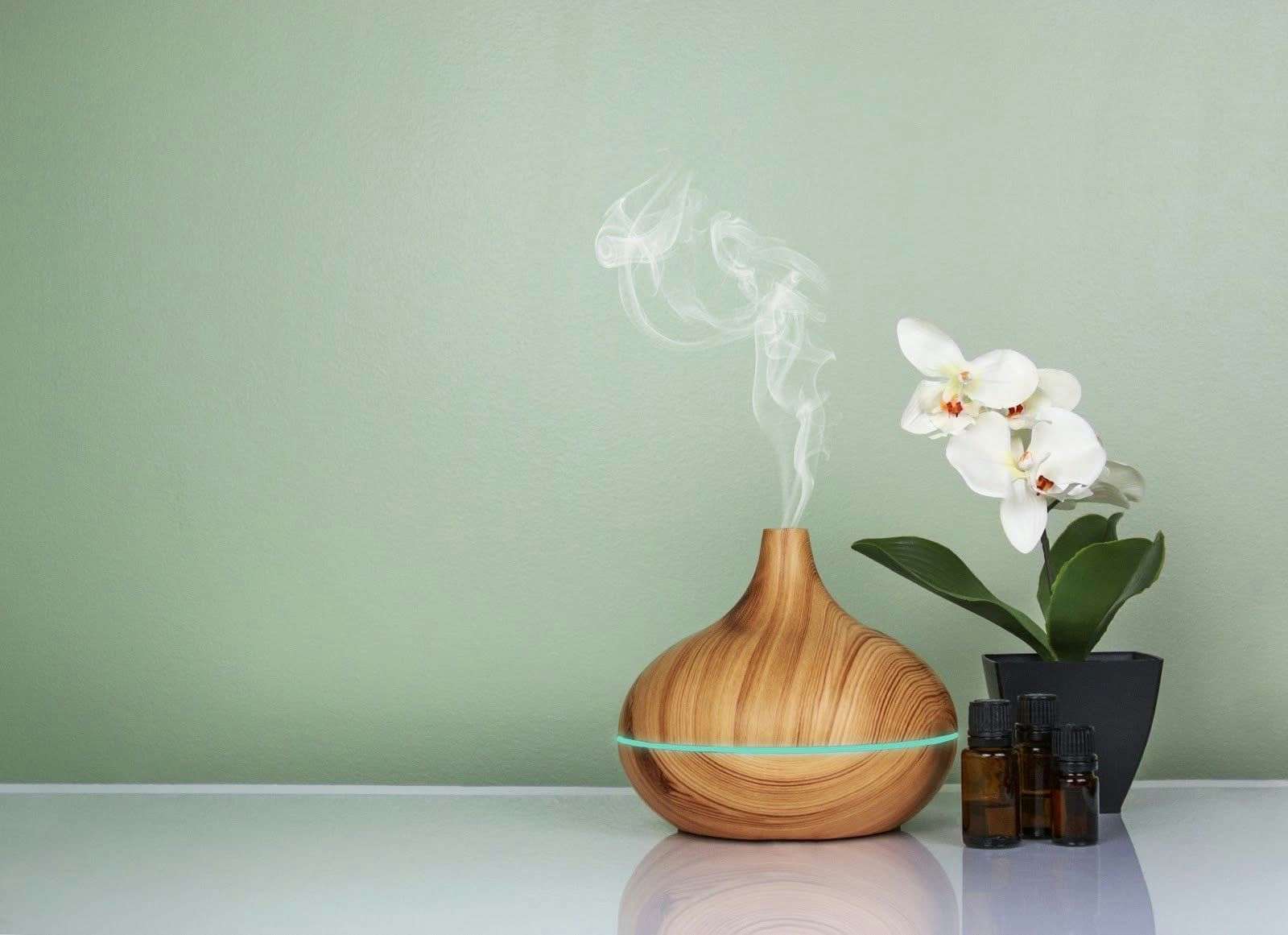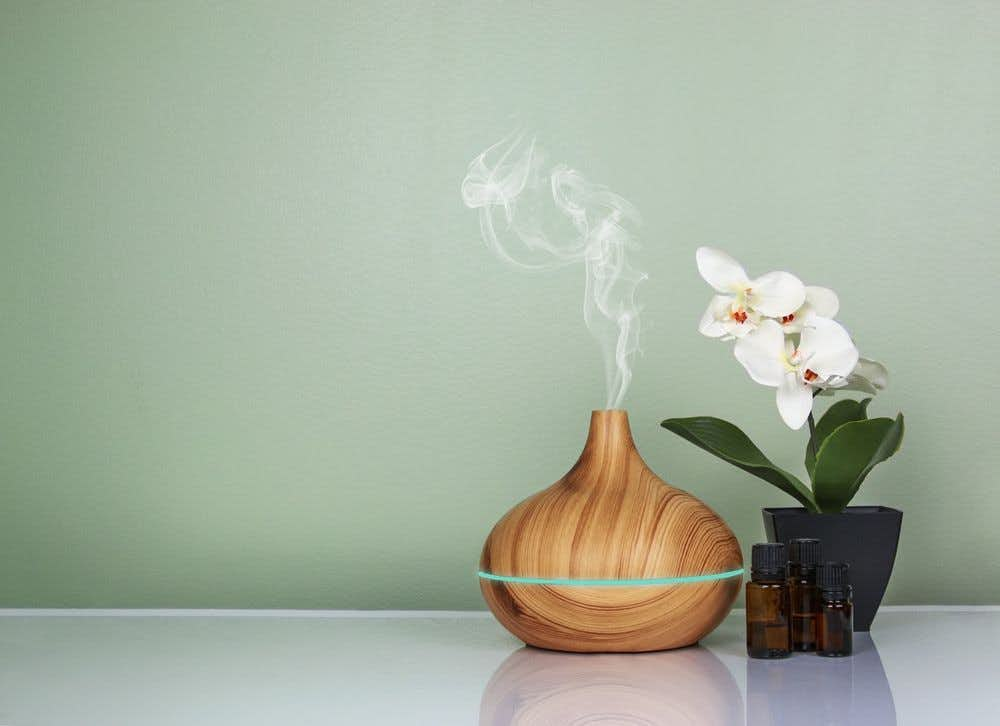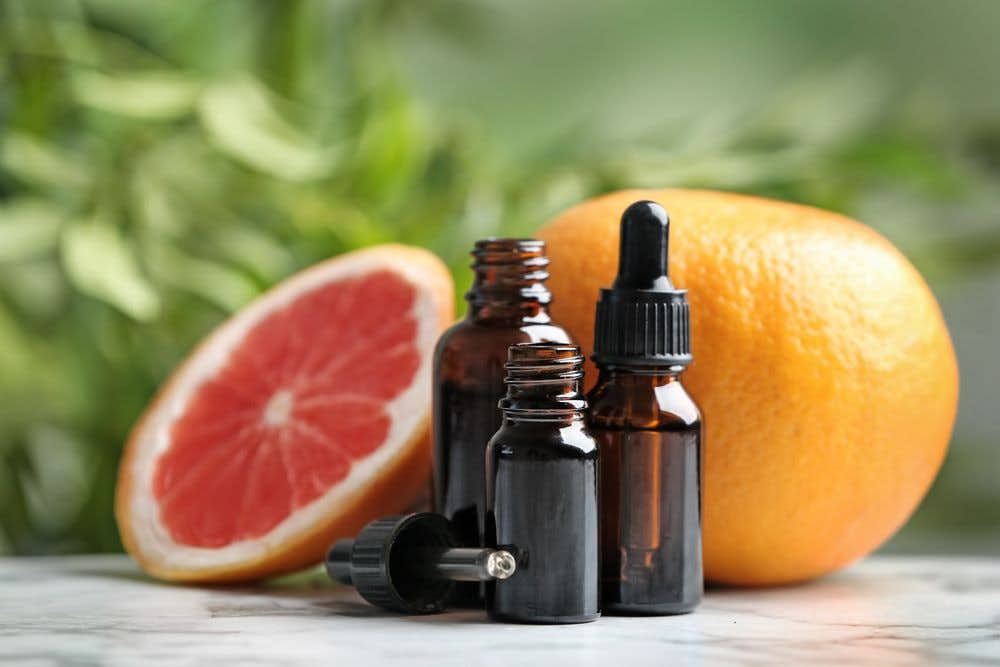June 17th, 2020

“You can’t make everyone happy, you’re not essential oils.” -Anonymous

Ever wonder what all the hype is with essential oils? Do they really work? Can they really help with the process of healing? The use of essential oils has been used for thousands of years and dates all the way back to the ancient cultures of China, India, and Egypt.
The purpose of essential oils is to improve a person’s health or mood. Each essential oil has a unique composition of chemicals, and the variation of each oil affects the smell, absorption, and effect on the body.
The International Standards Organization (ISO) defines essential oil as a “product obtained from vegetable raw material, either by distillation with water or steam, or from the epicure of citrus fruits by a mechanical process, or by dry distillation.” Essential oils are typically used through the process of inhalation, topical application, or ingestion.
Essential oils are most commonly related to the practice of aromatherapy. Aromatherapy is defined as the therapeutic application or the medicinal use of aromatic substances (essential oils) for holistic healing. Each essential oil has an array of unique healing properties, uses, and effects.
Aromatherapy is a complementary therapy, which means that it should not be the only source of medicine you should for treatment. It can be combined with massage therapy, acupuncture, or regular standard medical treatments. If you are wanting to use essential oils in addition to your other treatment, you should talk to a doctor or aromatherapist in order to come up with a treatment plan that is tailored to you.
There are many different ways that essential oils can aid your mind and body through inhalation. You can allow the oils to evaporate into the air using a diffuser, spray, or breathe in through a steam bath or sauna.
By inhaling essential oils, nerves in your nose and mouth trigger brain responses. Molecules enter through the nose or mouth, pass to the lungs, and then to other parts of your body.
When the molecules reach your brain, they affect the limbic system and respiratory system. The limbic system is linked to your emotions, heart rate, blood pressure, breathing, memory, and stress. Inhalation of essential oils is best if what you are trying to treat is something that isn’t skin deep, such as anxiety or improving your sleep. The process of inhalation of essential oils affects so many of our bodily systems, which in turn can have tremendous physiological and psychological effects.
Another way to use essential oils is by topical application. Topical application of essential oils is used through massages and skin care products. They are absorbed through the skin.
Massaging with essential oils can boost circulation and increase the absorption of the oils. Topical application of essential oils allows a slow permeation through the skin; and can help with pain, inflammation, and other issues that are skin deep.
However, essential oils should never be applied directly to the skin. They should be diluted first with a ‘carrier oil’ such as olive oil or coconut oil. It is recommended to do an allergy test before trying to use essential oils through topical application since everyone can react differently and some oils can cause irritation to the skin.
The third way to use essential oils is through ingestion. However, it is not recommended that you ingest essential oils unless you have experience in the field. Ingestion of essential oils is not a common practice in the United States. You can find the practice of ingesting essential oils in France. But the use of ingesting essential oils is only done if a specialty trained doctor or pharmacist prescribes and dispenses the oils to you. Ingesting essential oils can be toxic to your kidneys or liver, can interact negatively with other drugs you are taking, and the effects of the oil can be altered while your body is breaking it down.
When picking essential oils, it is important to make sure the oils are pure and natural. You should also do some research, if you are not going to see an aromatherapist, to figure out which oils would be best for you.

Some of the most common essential oils are peppermint, lavender, lemon, eucalyptus, chamomile, tea tree, and sandalwood. Peppermint is used to boost energy and aid in digestion. Lavender is used to relieve stress. Lemon is used to aid in digestion, help with mood, and help with headaches. Eucalyptus is used for relaxation, helps with breathing when congested, anti-inflammatory, antibacterial, and increases blood flow. Chamomile is used to improve mood and relaxation. Tea tree is used to help fight infections and boost immunity. Sandalwood is used to calm nerves and help with focus. These are just a few examples of the what 90 different essential oils can do to help you.
The use of essential oils is said to help with many different things – from helping to manage pain, to improving sleep quality, to reducing stress and anxiety, to treating headaches and migraines, to fighting off viruses and boosting your immunity. Combining multiple essential oils creates a blend that can be even more beneficial to you. Each essential oil has a different use and effect; and knowing what the uses and effects are for the oils you are wanting to use is important.

Our Services
Virtual/Online CarePHP and IOPAdult PsychiatryChild & Adolescent PsychiatryAdult TherapyChild & Adolescent TherapyCouples CounselingFamily TherapyGroup TherapyPsychological TestingTranscranial Magnetic Stimulation (TMS)Resources
Refer a PatientCareersClinical Training OpportunitiesOur ProvidersFree Mental Health TestsCommonly Prescribed MedicationsLocationsBlogIn The NewsClarity Through CharityClarity for AllQuick Links
Patient PortalFAQsAccepted InsurancesContact us